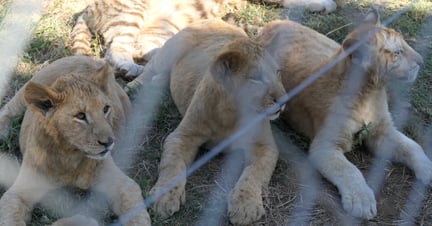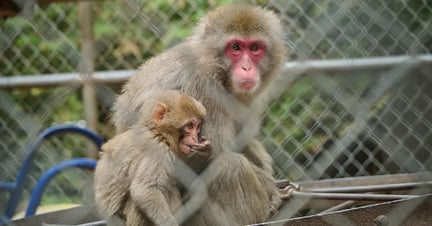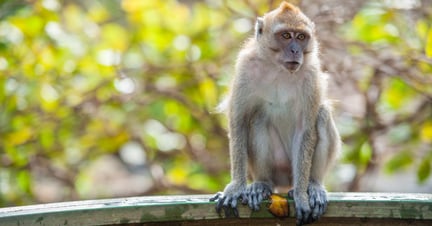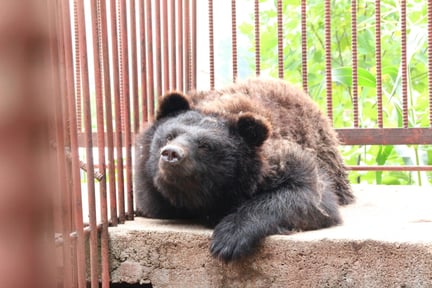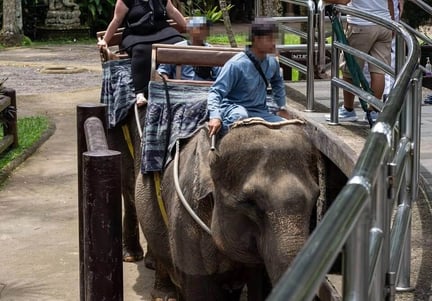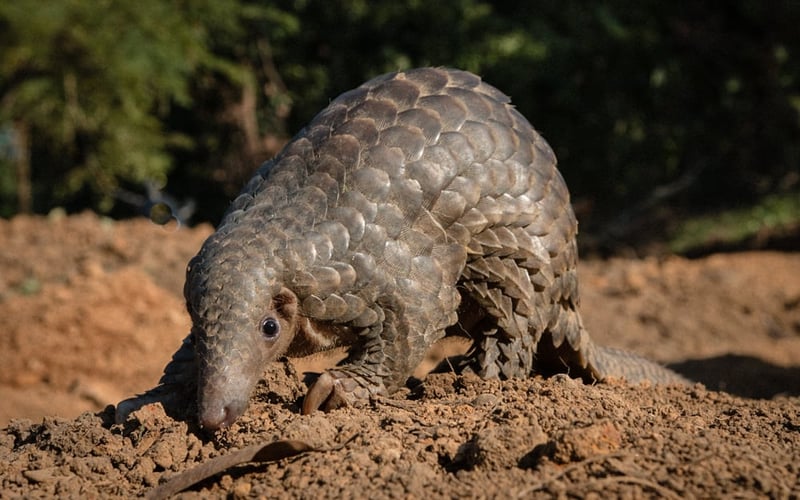
China removes pangolin medicine from pharmacopoeia in 2025 edition
News
China's 2025 Pharmacopoeia removes Guilingji, a traditional medicine containing pangolin, marking a step toward wildlife protection.
In a promising development for wildlife protection, China has removed Guilingji, a traditional medicine containing pangolin ingredients, from the upcoming 2025 edition of the Pharmacopoeia of the People's Republic of China.
The revised edition was released on 25 March and will come into effect on 1 October 2025.
Guilingji, once designated a confidential national prescription, was among 19 proprietary Chinese medicines excluded from the new pharmacopoeia.
Its ingredients included red ginseng, deer antler, seahorse and pangolin. The animal-derived products held ethical and conservation concerns.
Why Guilingji's removal matters
Guilingji is not just any traditional remedy; it has held a prominent place in Chinese medicine since it was classified as a first-level national secret prescription in 1957.
Its delisting from the pharmacopoeia suggests a shift in regulatory priorities, especially as pangolins are now protected under the highest level of international and domestic conservation laws.
While this does not constitute a ban on Guilingji's sale or production, the removal makes it harder to promote and prescribe.
The Chinese Pharmacopoeia is the official standard for clinical prescriptions.
If a medicine is no longer listed, it indicates that it no longer meets criteria for safety, efficacy or ethical acceptability, and healthcare providers may reduce or avoid its use altogether.
A step toward ethical and sustainable medicine
The decision to delist Guilingji may reflect growing awareness of the need to align traditional Chinese medicine (TCM) with modern expectations around public health, science and wildlife protection.
Pangolins are critically endangered due to trafficking, and their scales have long been used in TCM despite a lack of proven therapeutic value.
Experts in TCM regulation have acknowledged that removing animal-based products with limited clinical support, especially when conservation or ethical concerns are involved, is consistent with evolving standards for quality and safety.
Working to protect pangolins
Every year we share World Pangolin Day, in order to raise awareness of the threats pangolins face.
Through our country office based in China, we have worked across Asia and globally to:
-
Raise public awareness of the cruelty and conservation risks linked to wildlife use in medicine
-
Partner with traditional medicine practitioners to promote plant-based, ethical alternatives
-
Advocate for stronger policy and regulatory changes to protect endangered species
-
Conduct research to expose the scale and impacts of the illegal wildlife trade
Progress for pangolin welfare
Although Guilingji's removal is a positive step, pangolin products can still be found on the market.
Continued enforcement, tighter regulations, and a cultural shift away from the use of endangered wildlife in medicine are essential.
This change sends a strong message that traditional practices can evolve, and must do so to meet today's urgent challenges for biodiversity and animal welfare.
We will continue to advocate for a future where no wild animal suffers for human beliefs or commercial gain.
Related content
Traditional medicine
Ending commercial exploitation
Ending the exploitation of wild animals used in Traditional Medicine
World Pangolin Day
Animal Awareness Days
World Pangolin Day is observed on the third Saturday of February every year to celebrate pangolins and their contribution to the planet's ecosystem.
What is wildlife farming?
Ending commercial exploitation
Wildlife farming is the commercial breeding and raising of wild animals. Learn how you can take action to prevent their exploitation.


